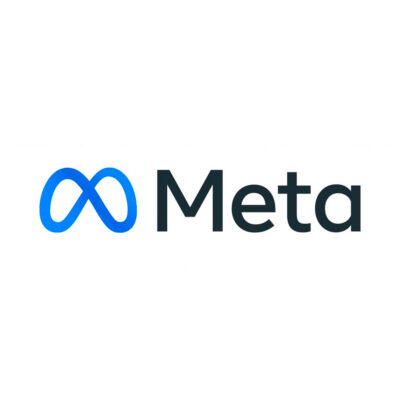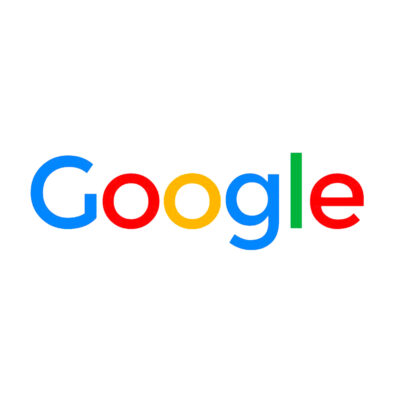Compare Models
-
Google
PaLM 2 chat-bison-001
$0.0021535PaLM 2 has just launched (May 2023) and is Google’s next-generation Large Language Model, built on Google’s Pathways AI architecture. PaLM 2 was trained on a massive dataset of text and code, and it can handle many different tasks and learn new ones quickly. It is seen as a direct competitor to OpenAI’s GPT-4 model. It excels at advanced reasoning tasks, including code and math, classification and question answering, translation and multilingual proficiency (100 languages), and natural language generation better than our previous state-of-the-art LLMs, including its predecessor PaLM.PaLM 2 is the underlying model driving the PaLM API that can be accessed through Google’s Generative AI Studio. PaLM 2 has four submodels with different sizes. Bison is the best value in terms of capability and chat-bison-001 has been fine-tuned for multi-turn conversation use cases. If you want to see PaLM 2 capabilities, the simplest way to use it is through Google Bard (PaLM 2 is the technology that powers Google Bard).Watch Paige Bailey introducing PaLM 2: view here
-
ChatGLM
PaLM 2 text-bison-001
$0.004PaLM 2 has just launched (May 2023) and is Google’s next-generation Large Language Model, built on Google’s Pathways AI architecture. PaLM 2 was trained on a massive dataset of text and code, and it can handle many different tasks and learn new ones quickly. It is seen as a direct competitor to OpenAI’s GPT-4 model. It excels at advanced reasoning tasks, including code and math, classification, question answering, translation and multilingual proficiency (100 languages), and natural language generation better than our previous state-of-the-art LLMs, including its predecessor PaLM.PaLM 2 is the underlying model driving the PaLM API that can be accessed through Google’s Generative AI Studio. PaLM 2 has four submodels with different sizes. Bison is the best value in terms of capability and cost, and text-bison-001 can be fine-tuned to follow natural language instructions and is suitable for various language tasks such as classification, sentiment analysis, entity extraction, extractive question answering, summarization, re-writing text in a different style, and concept ideation.If you want to see PaLM 2 capabilities, the simplest way to use it is through Google Bard (PaLM 2 is the technology that powers Google Bard).
Watch Paige Bailey introducing PaLM 2: view here
-
Google
PaLM 2 textembedding-gecko-001
$0.0004PaLM 2 has just launched (May 2023) and is Google’s next-generation Large Language Model, built on Google’s Pathways AI architecture. PaLM 2 was trained on a massive dataset of text and code, and it can handle many different tasks and learn new ones quickly. It is seen as a direct competitor to OpenAI’s GPT-4 model. It excels at advanced reasoning tasks, including code and math, classification and question answering, translation and multilingual proficiency (100 languages), and natural language generation better than our previous state-of-the-art LLMs, including its predecessor PaLM.PaLM 2 is the underlying model driving the PaLM API that can be accessed through Google’s Generative AI Studio. PaLM 2 has four submodels with different sizes: Unicorn (the largest), Bison, Otter, and Gecko (the smallest) and the different sizes of the submodels allow PaLM 2 to be more efficient and to perform different tasks. Gecko is the smallest and cheapest model for simple tasks and textembedding-gecko-001 returns model embeddings for text inputs.If you want to see PaLM 2 capabilities, the simplest way to use it is through Google Bard (PaLM 2 is the technology that powers Google Bard).Watch Paige Bailey introducing PaLM 2: view here
1
2



